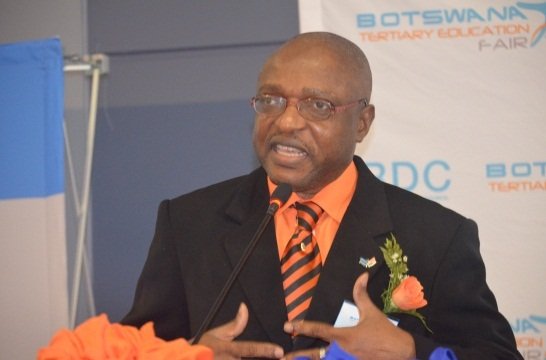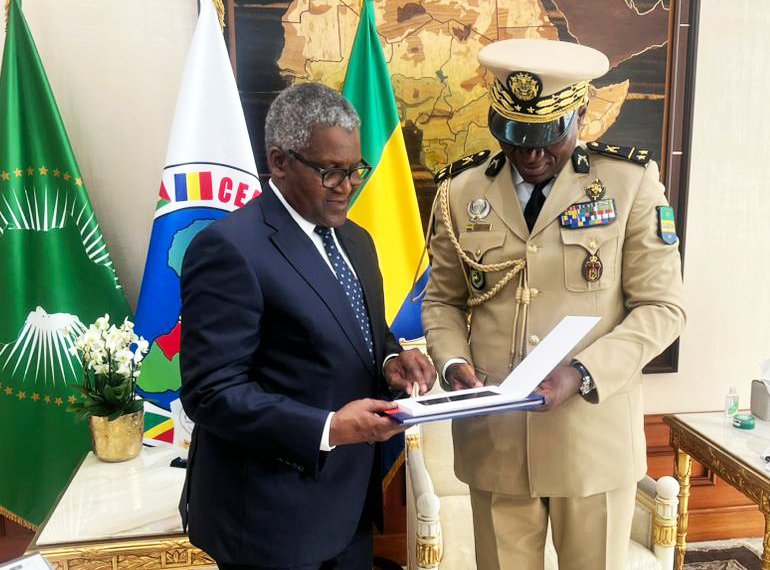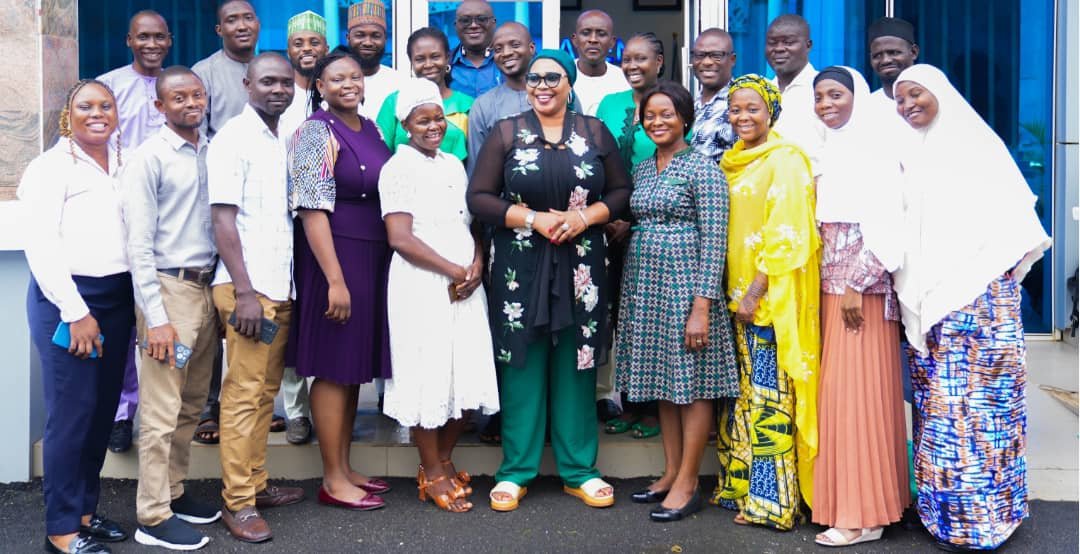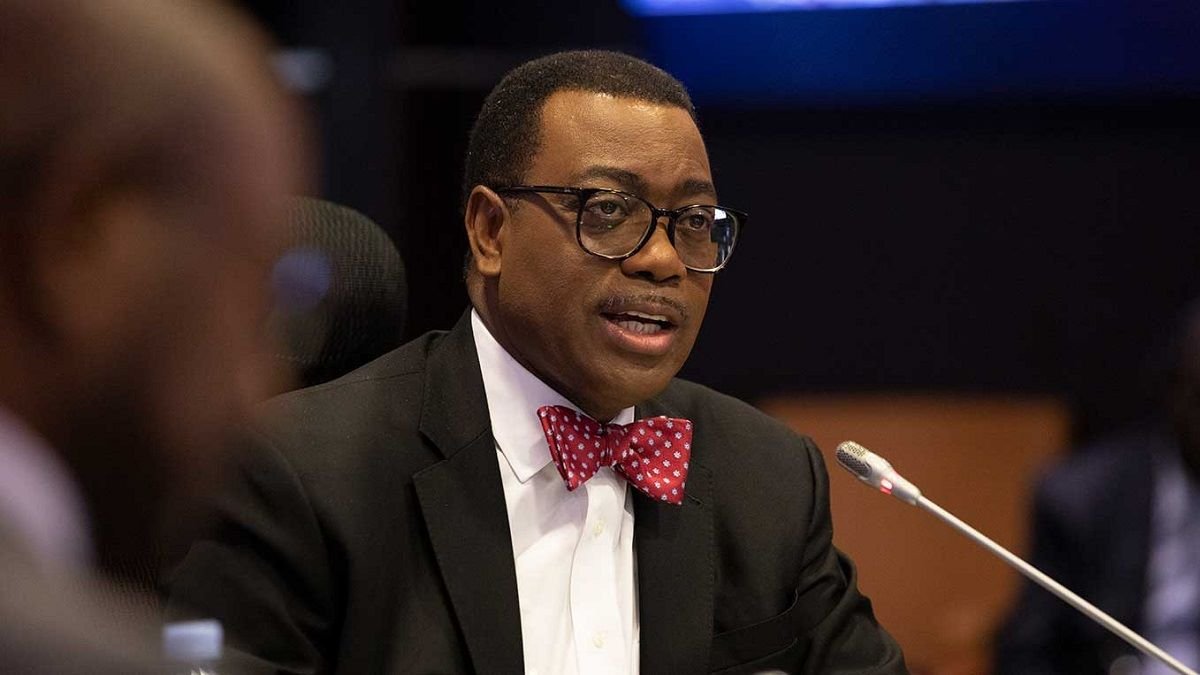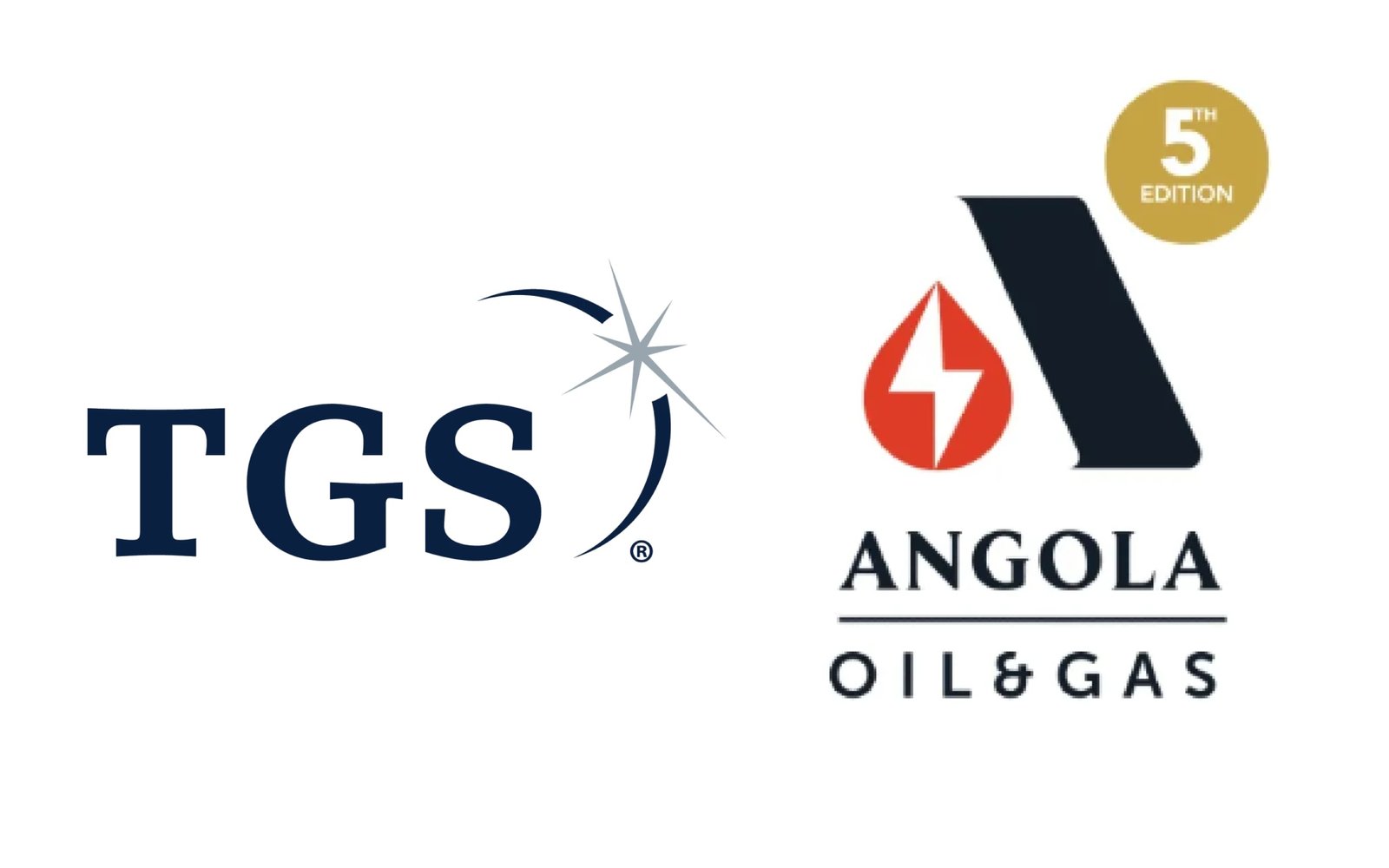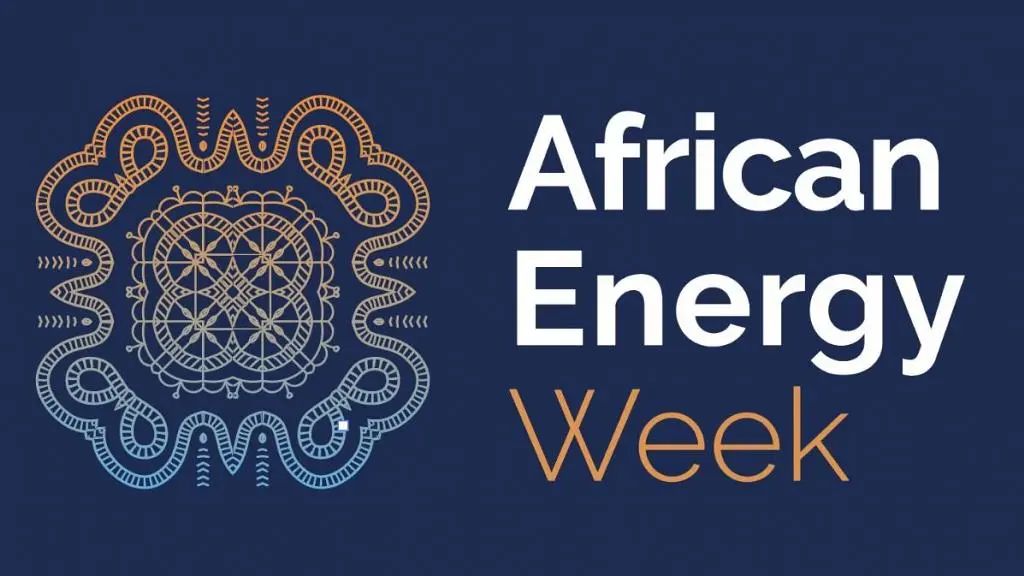UNESCO to release new Publication on Youth and Water Security in Africa
According to UNESCO, the Report is important as, “Water security is inherent in the targets of both the Sustainable Development Goals (SDGs) of the 2030 Agenda for Sustainable Development and the Africa Agenda 2063.
“Meeting of water quantity and quality needs is challenging in many regions due to rapidly growing population, high urbanization rates and industrial expansion in sectors such as agriculture, construction and manufacturing. As an illustration, the medium projection of Africa’s 2030 population by the UN is 1.68 billion people, compared to 1.19 billion people in 2015.
“Effective exploration of ideas for ensuring water security in Africa must involve tapping of intellectual resources of youth who own the future and women who typically hold primary responsibility for household nutrition, hygiene and other domestic tasks.
However, in his preface to the publication, Editor-in-Chief, Distinguished Professor and President, Global Institute for Sustainable Development, Advanced Analysis and Design (GISDAAD), Charlotte, NC, USA and Abuja, Nigeria, Distinguished Professor Hilary Inyang, stated: “In an interconnected world, challenges and opportunities translate across national and regional boundaries. This is particularly true for environmental phenomena in general, and hydrological circumstances in particular. Water security is a critical issue that cuts across several sectors of sustainable development: energy, food security, health, sanitation and industrial production.
“By her physiography and location across many climatic zones, Africa is featured by many intricate factors that affect water security. Superimposed on these factors are high population growth rates and related distribution of cities and other centres of high demand for water.
“Cultural and gender factors also play a role as discussed in some of the papers presented in this Special Publication on Youth and Water Security in Africa. Both natural and anthropogenic threats to the sustainability of water resources in Africa have long been recognized as expressed in the Africa Water Vision for 2025.
“Gender development indices are often found to correlate positively with water resources governance systems because of the critical roles that women play in domestic water supply and management. The Dublin Principles of 1992 mandate the placement of women in the central role of water and environmental management. This is justified by the practical and culturally induced activities of women in the provision of water for livelihood activities across the sectors of household nutrition, hygiene, childcare, etc., especially, in developing regions. Generally, collection, storage and management of water are roles that girls and women play in developing countries.
“They often trek for long distances to fetch water for various domestic chores. Furthermore, they often play the role of caregiver during the treatment of family members who are struck by waterborne ailments. Thus, gender-responsive programmes and engagement of both women and youth groups at the analytical, planning, design and implementation stages of water security programmes are necessary for broadening of the utility of such programmes and beneficiation of knowledge from these groups.
“Concerning knowledge creation and utilization, the United Nations, through the 2019 UN World Water Development Report recognizes that “scientific research, development and innovation are essential to support informed decision-making”. This requires the design and use of research methods that enable the acquisition of planning data that are disaggregated in terms of gender, income, ethnicity, social status and other parameters, for understanding of circumstances and design of mitigation and adaptation systems.
“Pleasantly, it is worthy to note that virtually all the primary authors of manuscripts in this special publication belong to the youth age range, and that more than half of them are women. A more systematic scheme for designing projects and scaling their gender-responsiveness been published by the World Water Assessment Programme (WWAP) as the “Water and Gender Toolkit for Sex-Disaggregated Data.” The 2019 edition of the toolkit which was developed by UNESCO, provides the water and gender indicators and all the necessary guidelines for their application as well as a large set of questionnaires for implementation of gender and water assessments. This WWAP publication along with others, including a recently published case study on the application of WWAP indicators in Argentina, can be downloaded from the UNESCO website.
“UNESCO in partnership with AMCOW and ISC ROA, has developed this special publication to achieve some objectives, including improving the visibility of the scientific contributions of youth that address water related challenges in Africa; contributing to the advance of and address knowledge gaps on water security issues in Africa with a focus on the experience of youth and young professionals; encouraging the use of knowledge generated by youth to improve policy processes and governance in the water sector and; inspiring youth to become more involved in the co-production and application of knowledge.”
He also stated: “Submissions were requested from youth and young researchers worldwide, as authors or co-authors of articles that would address at least, one of the sub-themes of the call for papers with focus on Africa: Water-related Disasters and Hydrological Changes; Groundwater in a Changing Environment; Addressing Water Scarcity and Quality; Water and Human Settlements of the Future; Ecohydrology, Engineering Harmony for a Sustainable World, and Water Education, a Key to Water Security. Young researchers and youth partnered with experts to prepare and submit manuscripts.
“The papers published herein, are those that survived a four-stage review process that involved assessments of their originality; analytical content; relevance to water security in Africa; language adequacy and gender sensitivity; appropriateness and adequacy of illustrations; and consideration of the state-of-knowledge through citations and references.
Furthermore, in his foreword to the publication, Assistant Director-General for Natural Sciences, UNESCO, Shamila Nair-Bedouelle, stated: “This Special Publication provides visibility for the scientific contributions by youth and inspires them to become more involved in the co-production and application of relevant knowledge. Today, youth are connected through technology, media and the internet. This knowledge is vital for their survival, keeping up to date with advances, and supporting the wider community. As UNESCO, we are pleased to collaborate with AMCOW and ISC on youth engagement in the water sector programme. UNESCO hereby, congratulates all the authors, editors and the production team on this Special Publication.
In any case, Ag. Executive Secretary, African Ministers’ Council on Water, Thomas Banda, who provided more insight, stated: “AMCOW cherishes cooperation and teamwork with all countries and organizations in Africa and beyond. The collaboration with UNESCO and ISC to produce this special publication can be viewed within this context. AMCOW applauds the efforts of UNESCO, ISC, authors, editors, and producers of this document. In 2008 and 2010 respectively, Sharm el Sheikh and the United Nations General Assembly adopted a resolution that recognizes “the right to safe and clean drinking water and sanitation as a human right that is essential for the full enjoyment of life and all human rights.” This serves to illustrate the importance of water security in the realms of human livelihood and global sustainable development.”
Also, Chief Executive Officer, International Science Council, Heide Hackmann, added: “Essentially, water security is a cross-cutting issue in terms of various targets of international development agendas as well as their supporting knowledge systems. At the inception of the UN Agenda 21 with the resulting UN conventions, multi-disciplinary and cross-jurisdictional issues such as biodiversity, climate change, and desertification came to the fore. Water quantity and quality have been recognized as the underlying factors in any effort to address the ecological challenges named above.
The publication was greatly enhanced by members of the editorial team, including, Jayakumar Ramasamy, UNESCO, Giuseppe Arduino, UNESCO, Samuel Partey, UNESCO, Nicole Webley, UNESCO, Xinhong Li, UNESCO, Daniel Nyanganyura, ISC ROA, Richard L.K. Glover, ISC ROA, Miguel Gonzalez, GISDAAD, James Mbat, GISDAAD, Paul Orengoh, AMCOW, Emmanuel Uguru, AMCOW, Comfort Kanshio, AMCOW, Moshood Tijani, AMCOW, Azzika Tanko, AMCOW and Obinna Anah, AMCOW.


